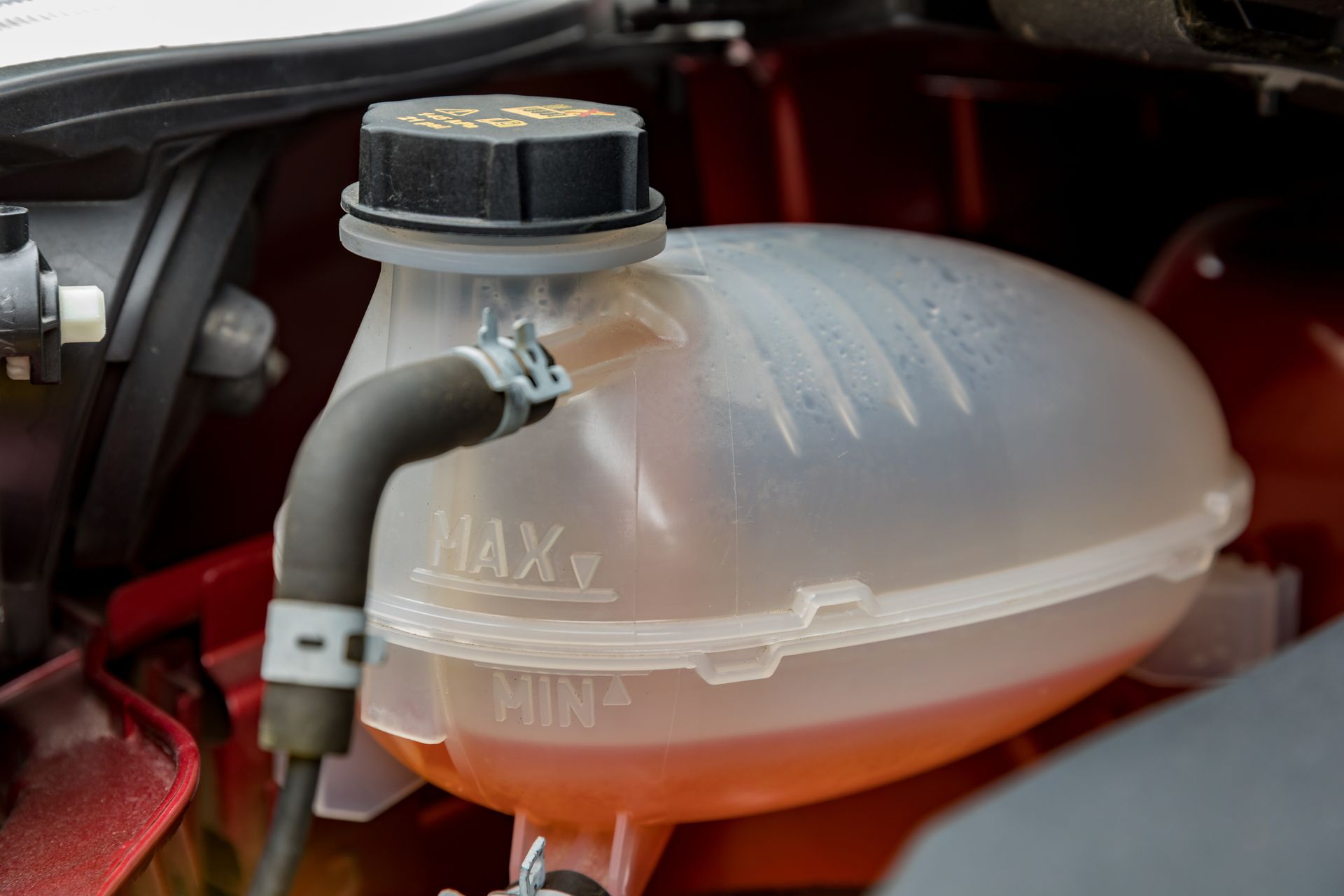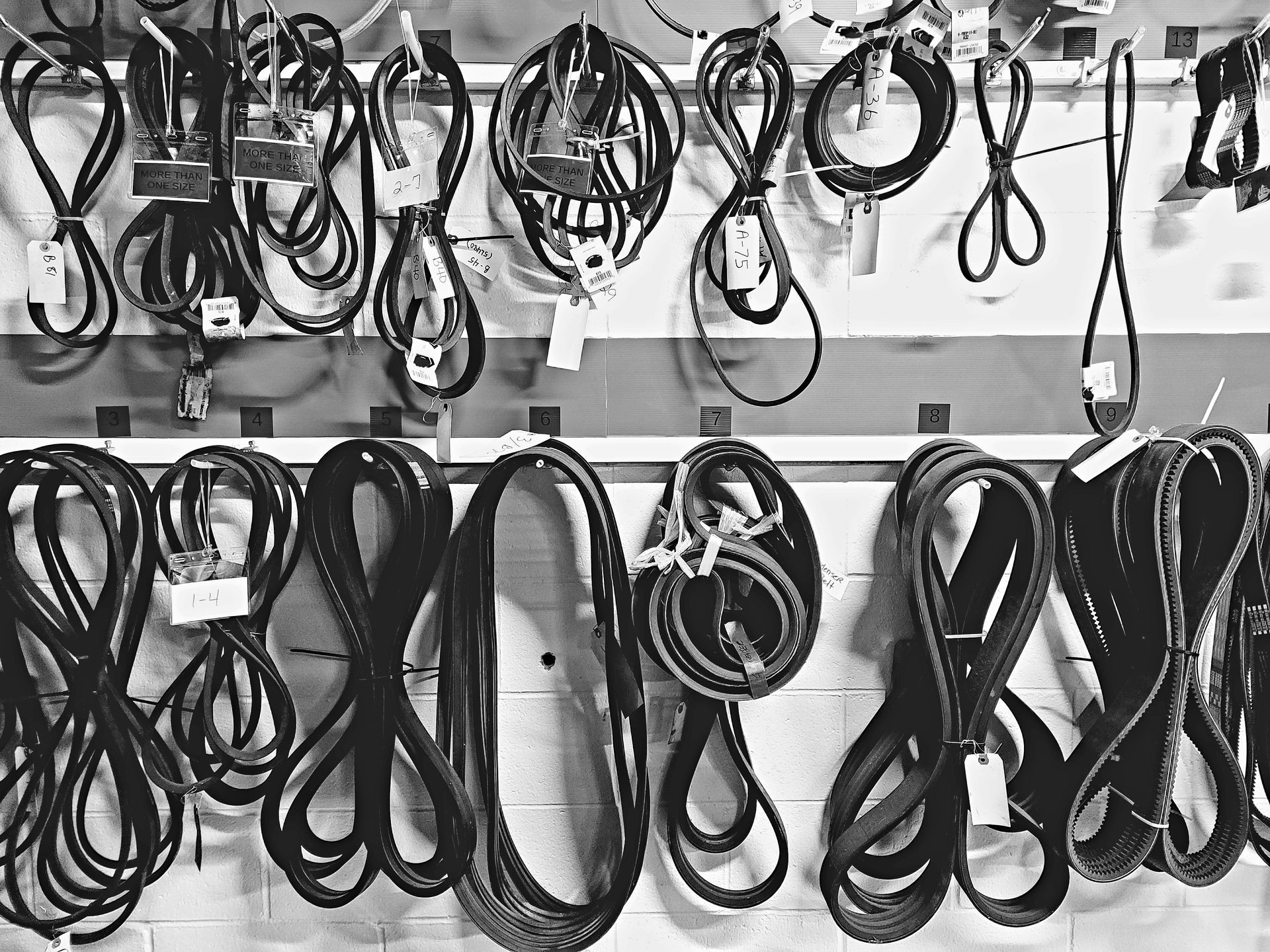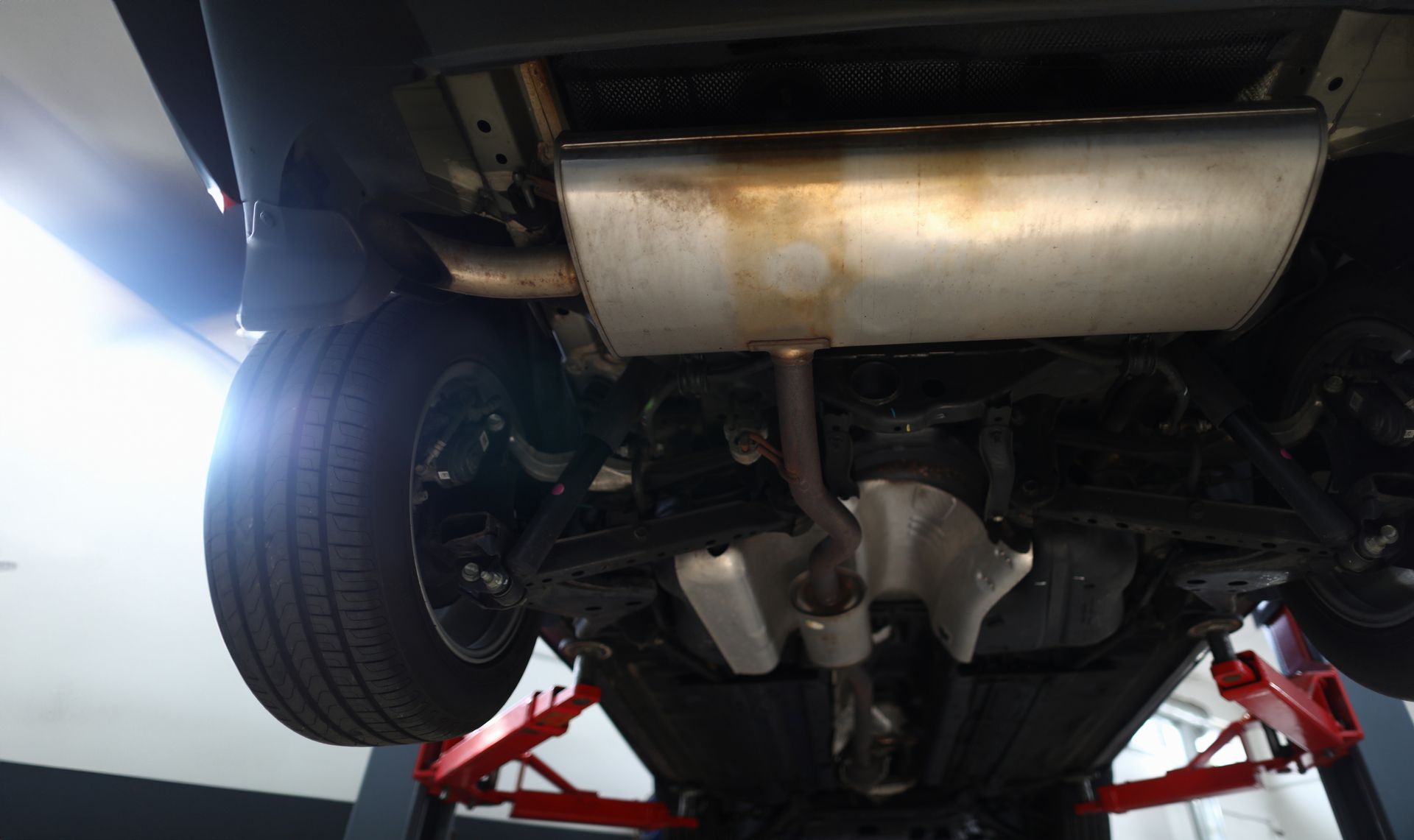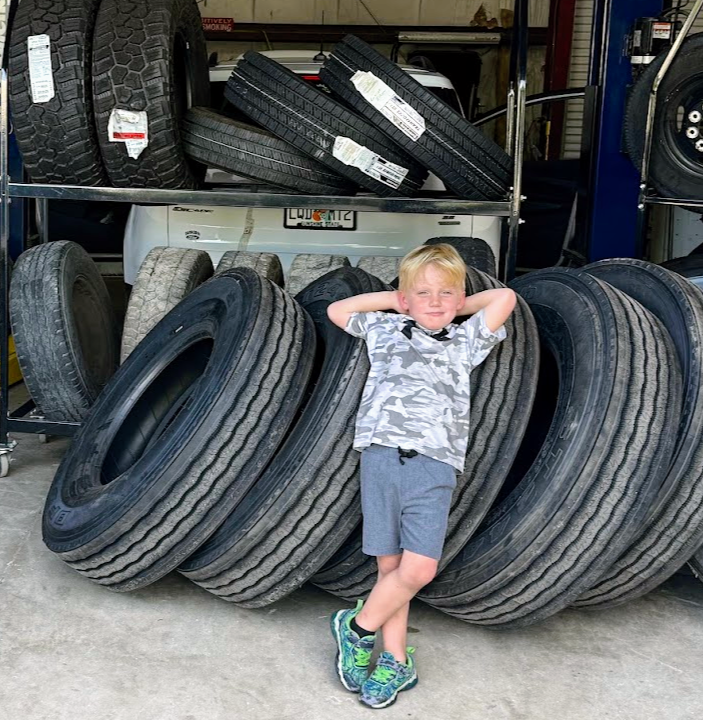As temperatures rise, a properly functioning air conditioning system is essential for comfort, especially in a diesel truck that may spend long hours on the road. Preventative maintenance before the heat sets in can help you avoid costly repairs and ensure your AC keeps you cool all season long. Here’s how to keep your diesel truck’s AC system in peak condition.
Inspect the AC System for Leaks
One of the most common reasons for AC failure is a refrigerant leak. Over time, seals, hoses, and fittings can wear down, allowing refrigerant to escape. Low refrigerant levels reduce cooling efficiency and can damage the compressor.
What to Do:
- Look for oil-like residue around AC hoses and fittings, as this can indicate a refrigerant leak.
- If your AC isn’t blowing as cold as it should, have a professional perform a leak test and recharge the system if necessary.
Check the Cabin Air Filter
A clogged cabin air filter restricts airflow, making it harder for the AC to cool the cabin effectively. Dust, pollen, and debris accumulate over time, especially if you frequently drive in dusty or off-road conditions.
What to Do:
- Replace the cabin air filter at least once a year or every 15,000-30,000 miles, depending on driving conditions.
- If you notice weak airflow or musty odors, inspect the filter sooner.
Test the Blower Motor and Vents
A failing blower motor or blocked air vents can lead to weak airflow, making the AC system work harder than necessary.
What to Do:
- Turn on the AC and test all vent settings, ensuring air is blowing consistently and at full power.
- Listen for unusual noises coming from the blower motor, such as rattling or whining, which could indicate wear.
Inspect the AC Compressor and Belt
The AC compressor is the heart of the system, circulating refrigerant to cool the cabin. A failing compressor can lead to warm air, reduced efficiency, or complete AC failure.
What to Do:
- Check the compressor belt for cracks, fraying, or looseness, as a worn belt can affect performance.
- Run the AC while listening for clicking or squealing noises from the compressor, which may signal a problem.
Clean the Condenser and Evaporator Coils
Dirt, bugs, and debris can accumulate on the AC condenser, reducing cooling efficiency. The condenser, located at the front of the truck near the radiator, needs to be clean for optimal airflow.
What to Do:
- Use compressed air or a low-pressure water hose to clean the condenser fins.
- Check the evaporator coils inside the cabin for dust buildup, which can cause reduced cooling performance.
Ensure Refrigerant Levels Are Optimal
Low refrigerant levels mean your AC won’t be able to cool effectively, and running it in this state can damage the compressor.
What to Do:
- If the AC isn’t cooling properly, have a technician check refrigerant levels.
- Avoid using DIY recharge kits without checking for leaks, as overcharging the system can cause damage.
Check Electrical Connections and Sensors
Modern diesel truck AC systems rely on various sensors and electrical components. A faulty temperature sensor or AC relay can cause intermittent cooling issues.
What to Do:
- Inspect visible wiring for signs of corrosion, loose connections, or damage.
- If the AC cycles on and off erratically, have the system scanned for sensor faults.
Final Thoughts
Preventative maintenance before the hot weather arrives can save you from AC failure when you need it most. Checking for leaks, replacing filters, and testing the compressor ensures your diesel truck’s air conditioning system is ready for the summer heat. If you notice weak cooling, unusual noises, or airflow issues, schedule a professional inspection to keep your truck comfortable all season long.












